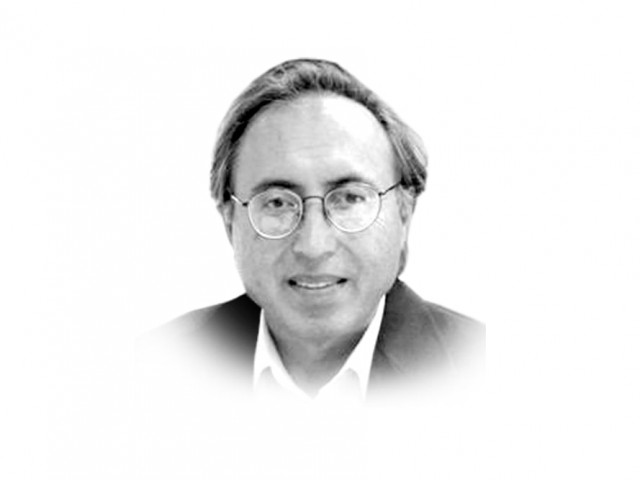Pakistan: Our only home
Pakistan faces multiple challenges from poor governance and corruption to internal strife and insecurity.

With the gunning down of these leaders, we must do some soul searching about what has gone wrong with Pakistan. I do admit that, largely, Pakistani society is tolerant and pluralistic in character, but we may lose that if the political leadership, state institutions and political governments continue to show ineptitude towards extremist outfits. No society, let alone Pakistan with its rising tide of extremism, can survive or do well in a climate of insecurity, fear and everyday target killing of religious and political leaders by their opponents.
The global climate has turned against us, for explainable and well-known reasons — we have failed, and continue to fail, to take the extremists to task. It would be suicidal for all of us to disregard our intellectual, political or religious labels and allow this to happen. We have a choice and here I am talking about the civic-minded and those rooted in Pakistan and not thinking of the choices that George Fulton has made — as a result of which he has left the country for a place with a better social climate. May he and those who would like to quit Pakistan under the shadow of fear live in peace and progress more in the lands of their choice!
For us, the sons and daughters of the Indus, who have lived here for thousands of years, Pakistan is our land, our home, and the only home. The sacrifices of our heroes — the Bhuttos, Taseer and Bhatti — and the mixing of their blood in our soil gives me more of a reason to live and die in this country. But we must live and die for a purpose, and there is no better purpose than to do something for our own people, who are being robbed by the ruling groups — their opportunities for a better future for their children are shrinking with each act of terrorism and violence.
What can we do to get Pakistan back from corrupt ruling classes and the terrorists? I don’t see much difference between the two because corruption and murders are simply two sides of violence against society; one kills in daylight, while the looting strangulates the society and creates desperate social conditions that create a fascistic and intolerant world view.
The first step is to rationally engage in discourse on what has gone wrong with Pakistan and throw all conspiracy theories in the Arabian Sea — bury them there forever. Second, silence is not a choice anymore. Speaking up is the only option we have to save the country and our children from falling victim to the generalised violence that Pakistani society seems to be sliding into. Third, we have strong norms of resistance in our culture and literary tradition against injustice and authoritarianism.
Let us revive and strengthen further the culture of resistance by standing up and talking to the power that is failing its part of social compact. And forge social solidarity, above the political divide, against our enemy — the terrorist.
Published in The Express Tribune, March 7th, 2011.



















COMMENTS
Comments are moderated and generally will be posted if they are on-topic and not abusive.
For more information, please see our Comments FAQ